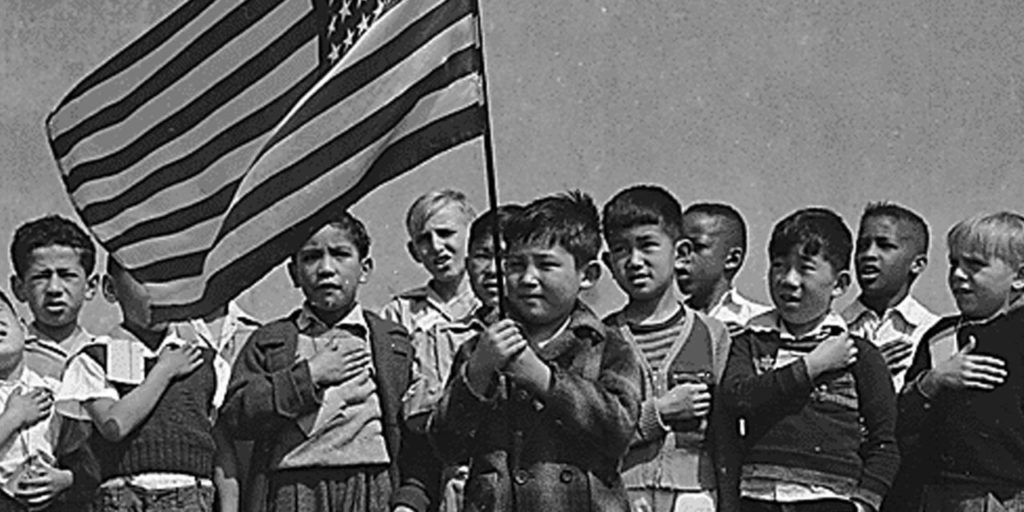
This week marks the 40th anniversary of Plyler v. Doe, the Supreme Court ruling that ensured that undocumented children living in the U.S. could access public education. The historic case has paved the way for other legal pathways, such as the DREAM ACT and the Deferred Action for Childhood Arrivals program known as DACA.
In the 1970’s, a group of undocumented parents from Texas risked deportation to advocate for their children’s right to an education. In 1982, the Supreme Court ruled in favor of the parents and their children.
In 1977, Alfredo Lopez attended an elementary school in Tyler, Texas when his parents picked him up one day earlier than usual, “All I can remember is that we were sent home one day. And they said we couldn’t come back to school,” he recalled.
Texas passed a statute in 1975 that allowed school districts to deny enrollment to undocumented children. The Tyler school district decided to charge undocumented children annual tuition of $1000, which their undocumented parents could not afford.
Backed by the Mexican American Legal Defense and Educational Fund (MALDEF), four families sued the Tyler school district. It eventually made it to the Supreme Court. On June 15, 1982, the Court sided (5-4) with the immigrant families.
“By denying these children a basic education, we deny them the ability to live within the structure of our civic institutions and foreclose any realistic possibility that they will contribute in even the smallest way to the progress of our nation.” Justice William Brennan wrote in the majority opinion.

Recent Comments